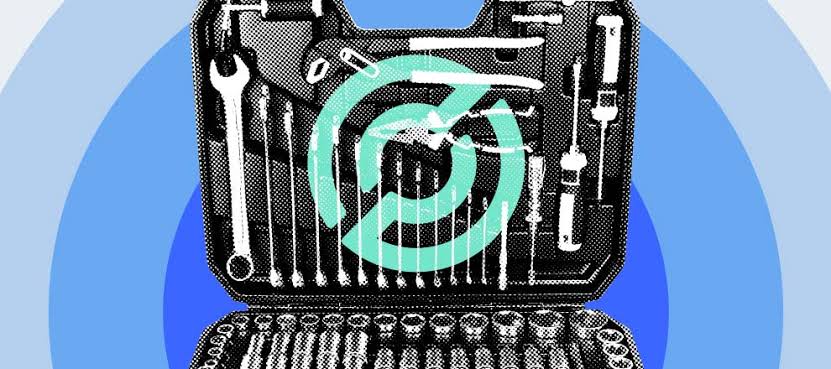The global financial technology company Circle has launched the beta versions of two new Web3 Services products, Gas Station and Smart Contract Platform, in an effort to make blockchain interactions easier for developers and companies. These additional services are a response to Circle’s recently released Programmable Wallets product. Gas Station seeks to reduce end users’ financial burden related to blockchain transactions. Web3 users usually have to pay a “gas fee” in order to transact on the blockchain. For developers and companies wishing to incorporate blockchain technology into their products, these fees have long been an obstacle.
By integrating their apps with Circle’s Programmable Wallets, developers may provide customers with a gasless transaction experience through Circle’s Gas Station. Gagan Mac, Circle’s Head of Product for Web3 Services, says, “We are abstracting away blockchain transaction fees for end users with the launch of Gas Station.” We are lowering barriers to entry and increasing everyone’s ability to transact on the blockchain.” At the moment, Ethereum’s testnet and Polygon’s mainnet are supported by this feature.
Working with smart contracts, which are essential to blockchain automation, frequently presents a number of different operational difficulties. Using different tools in different chains and keeping version control for active contracts are two examples of these.
Through the provision of an all-inclusive suite for smart contract management, Circle’s Smart Contract Platform seeks to remove these obstacles. The platform is more approachable for conventional Web2 developers who might not be familiar with blockchain-specific languages like Solidity because it makes use of REST APIs and has an intuitive user interface.
The platform makes it simpler to implement and maintain smart contracts, which makes it easier to use applications like NFT drops, DeFi experiences, and cryptocurrency transactions.
As stated in a different press release, the Smart Contract Platform “allows developers to use a set of pre-tested code templates and either a console or REST APIs to deploy smart contracts.” Offering a “no-code” option for Polygon deployment, it is accessible on the Ethereum, Avalanche, and Polygon networks.
The entrance hurdles for developers and end users into the blockchain ecosystem could be greatly lowered by Circle’s new Web3 Services offerings. In order to provide its users with gas-free transactions utilising non-fungible token (NFT) coupons, the mobile app Grab, founded in Singapore, is now testing the Gas Station service.
With the release of these new services, Circle hopes to bring blockchain-based applications closer to the usability and accessibility of Web2 applications while also expanding their potential.


